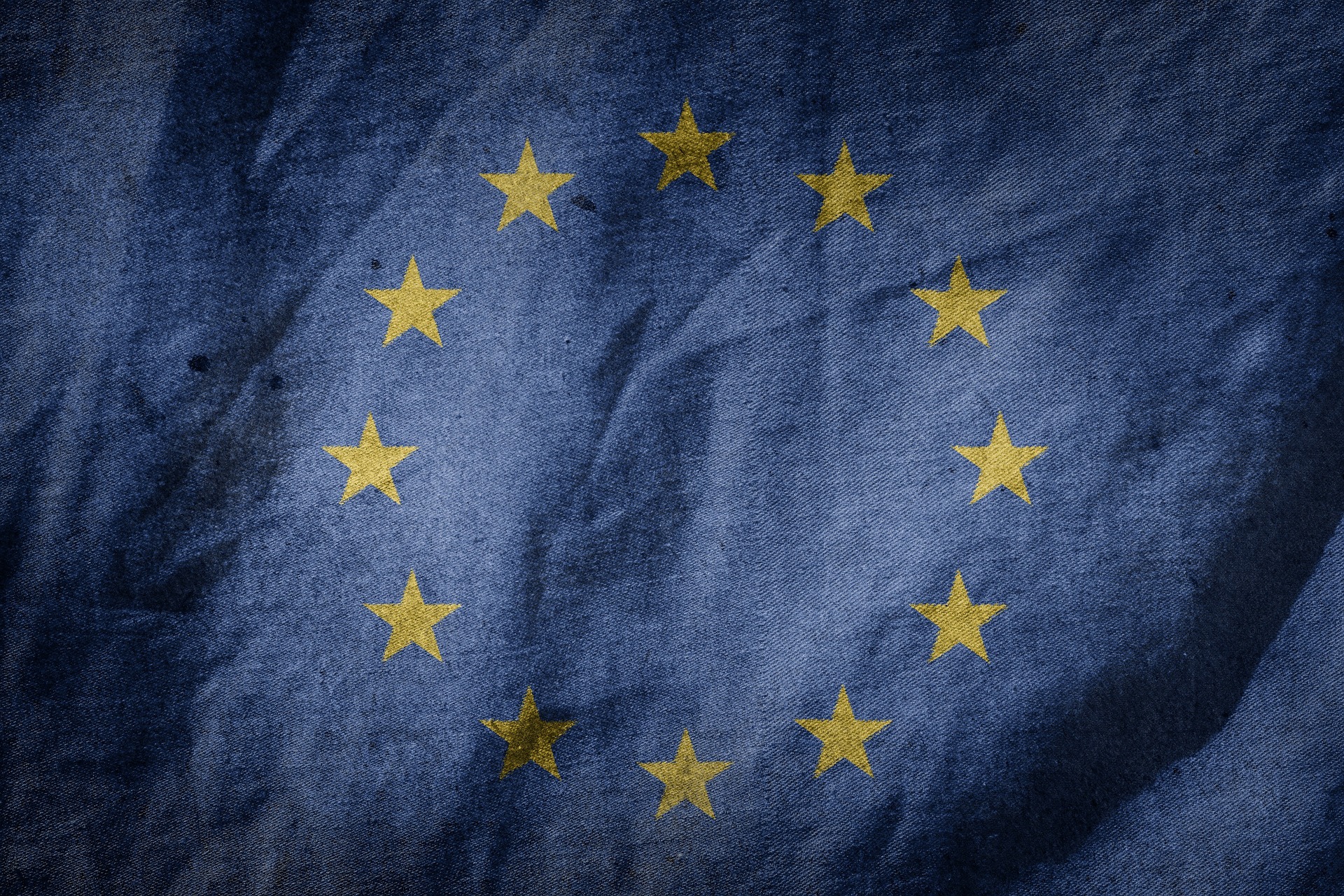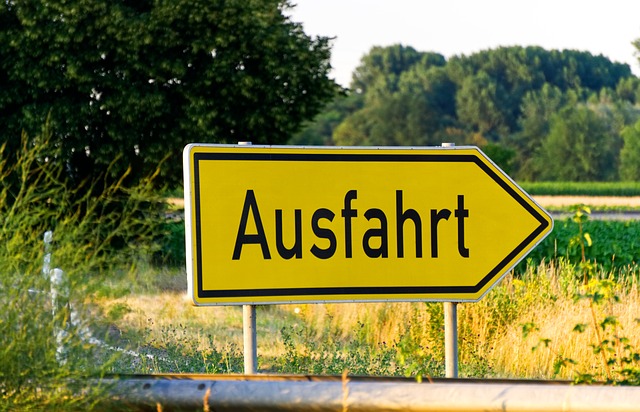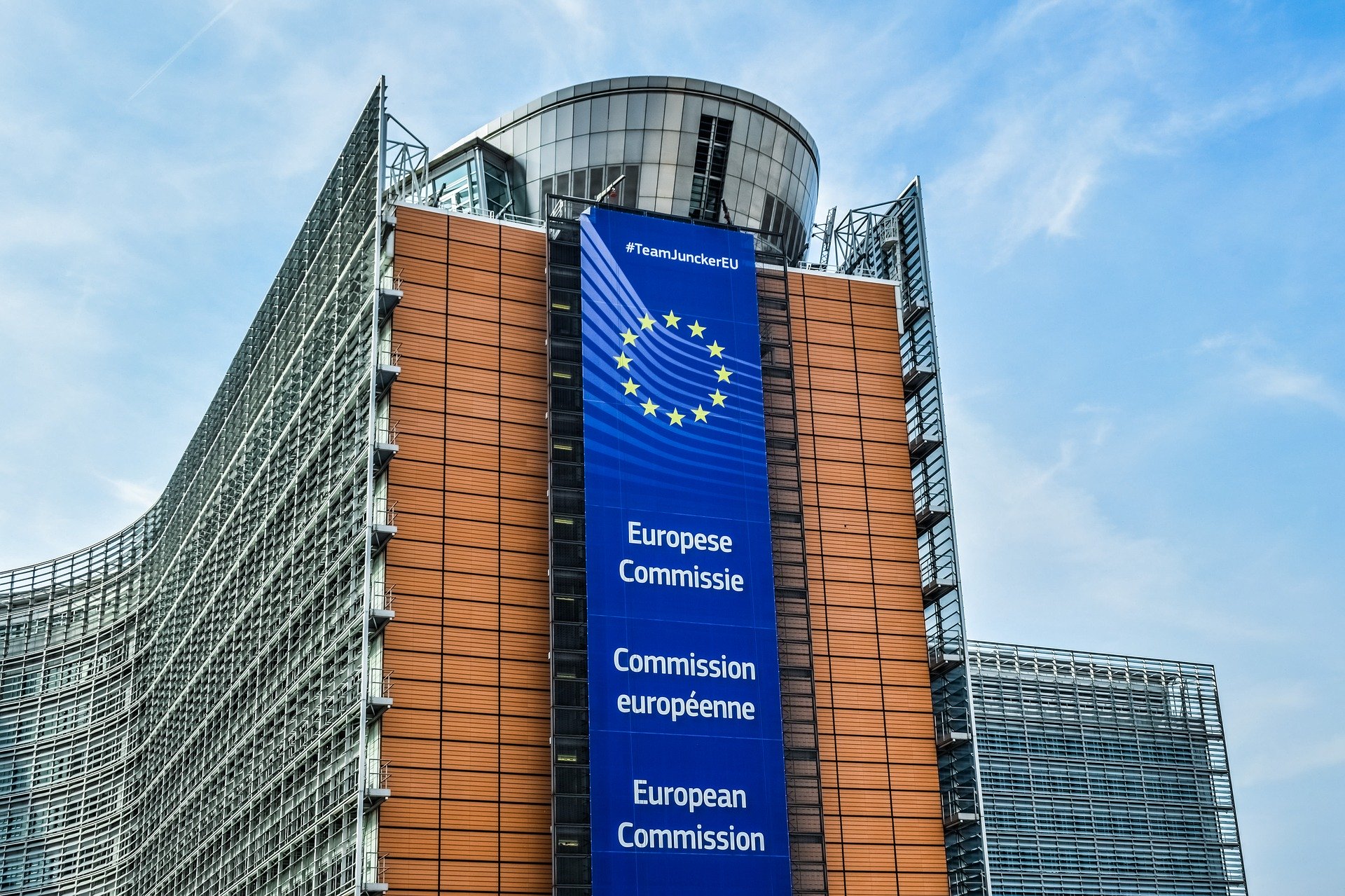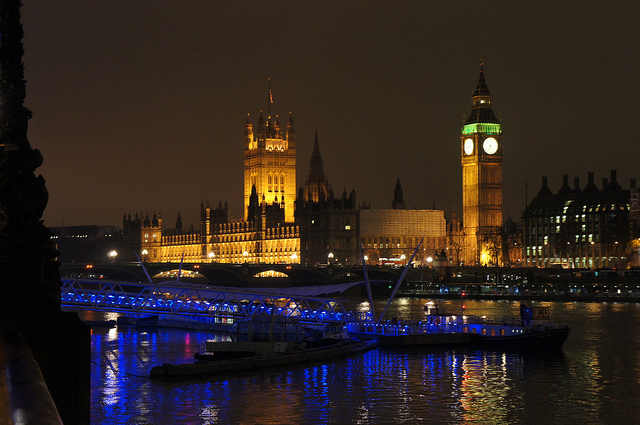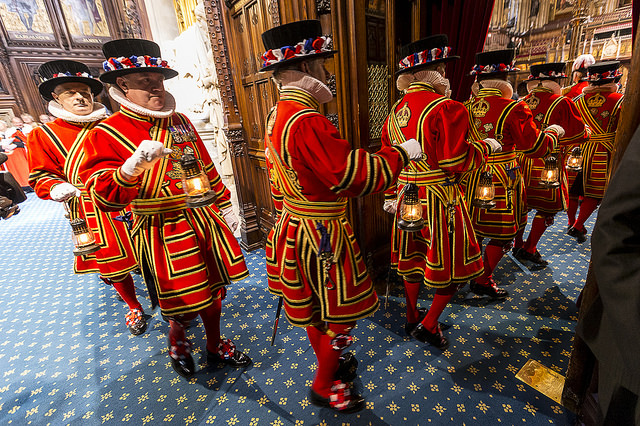Latest blog articles
-
The recent verdict (“the PSPP judgment”) of the German Federal Constitutional Court (“FCC”) on the compatibility of the Public Sector Purchase Programme (“the Programme”) under the management of the European Central Bank (“ECB”) has attracted plenty of commentary, much of it critical concerning the...
-
During the Easter weekend there was a lack of clarity about what the rules are at the German-Dutch border. What is actually still allowed when it comes to travelling from the Netherlands to Germany and vice versa? Both the government in North Rhine-Westphalia (NRW) and in the Netherlands have...
-
On March 4 2020, the European Commission presented its proposal for a European Climate Law in which a framework for achieving the objective of climate neutrality by 2050 would be legally established. At a political level, this goal has already been endorsed by the European Parliament in its...
-
Not in the mood for a deal: The Houses of Parliament in Westminster.
-
The world faces the growing problem of global warming. This phenomenon leads to unprecedented social effects in human history. Consequently, it is imperative to mitigate this problem. International Organizations and countries are working together in order to better deal with this issue.
-
After the United Kingdom had voted to leave the European Union in the national referendum on 23 June 2016, the swift ascent of May to the leadership of a deeply divided nation was not marked by decisive and resolute action, but a sense of uncertainty and strategic obfuscation.
-
How the Supreme Court restored Parliament to its rightful place. That’s precisely what happened on Tuesday: The Supreme Court decided, by a 8-3 majority, to mandate that the triggering of Article 50 TEU can only take place after prior approval from both houses of Parliament.
